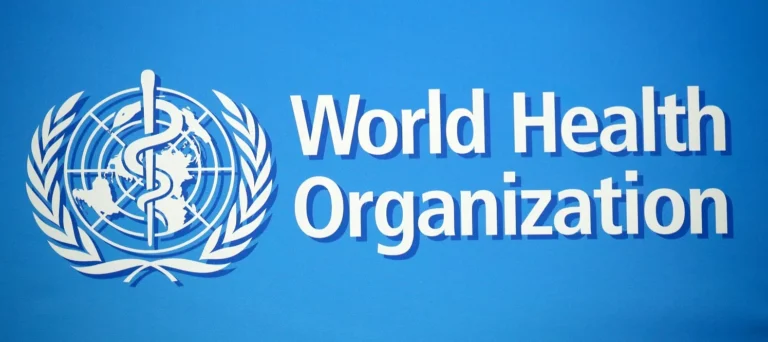
The World Health Organization (WHO) has warned that over 39 million people worldwide could die due to antibiotic-resistant infections if immediate action is not taken to address the threat.
This was disclosed by Laxmikant Chavan, WHO Nigeria’s Technical Officer for Antimicrobial Resistance (AMR) and Coordinator of the One Health Program, during a two-day capacity-building workshop for journalists held by WHO in Abuja.
Chavan explained that antibiotic resistance arises when bacteria mutate, rendering antibiotics ineffective against infections. Factors contributing to this resistance include the overprescription of antibiotics, poor infection control in healthcare facilities, incomplete patient treatments, lack of hygiene and sanitation, excessive use of antibiotics in livestock, and limited development of new antibiotics.
He highlighted the alarming impact of AMR, citing 2019 data showing that 4.95 million deaths were associated with drug-resistant bacterial infections, with 1.27 million directly linked to these infections; of these, 20% occurred among children under five.
Antimicrobial Resistance, or AMR, is the situation where bacteria, viruses, fungi, and parasites no longer respond to antimicrobial agents. These agents, also known as drugs or medicines, are used to treat, eliminate, or inhibit a range of infections in humans and animals. Chavan emphasized that AMR is now one of the most pressing global public health and development threats.
According to Chavan, AMR-related deaths are especially severe in Western Africa, where the rate is 27.4 per 100,000 people compared to a global rate of 16.4. He revealed that in Nigeria alone, 64,500 deaths were attributed to AMR in 2019, with 263,400 deaths associated with AMR. Nigeria ranks 185th in age-standardized mortality rates per 100,000 population linked to AMR, out of 204 countries assessed.
Chavan added that the mortality rate from AMR in Nigeria surpasses fatalities from other critical health issues, including enteric infections, respiratory infections, tuberculosis, maternal and neonatal disorders, neglected tropical diseases, malaria, and cardiovascular diseases.
AMR, he noted, has significant economic implications globally, affecting countries across all income levels, particularly low-resource areas and vulnerable populations. It impacts human, animal, and plant health, reduces farm productivity, and poses a significant risk to health and food security.
The economic toll of AMR is severe, with a projected reduction in GDP of between 1.1% and 3.8% annually by 2030 in low- and middle-income countries (LMICs). This could push up to 28 million people, primarily in developing regions, into extreme poverty. Additionally, AMR could lead to US$ 1 trillion in extra healthcare costs per year and is predicted to cause an 11% decline in livestock production in low-income nations.
“AMR is central to achieving several core Sustainable Development Goals (SDGs), beyond SDG-3 (Good Health and Well-being),” Chavan stated. “It intersects with SDG-1 (No Poverty), SDG-2 (Zero Hunger), SDG-6 (Clean Water and Sanitation), SDG-8 (Decent Work and Economic Growth), SDG-12 (Responsible Consumption and Production), and SDG-17 (Partnerships for the Goals), among others. There is a critical need for effective communication to combat this threat.”
Chavan urged journalists to raise public awareness about AMR, foster innovation to drive impactful solutions, and highlight successful case studies from across the world to illustrate effective AMR interventions.



